Self-improvement is all about taking control of your actions through conscious, related, and thorough planning to achieve desired results. Everyone needs to indulge in the art of self-improvement, especially leaders. Post pandemic, corporate ecosystems and workforces are going through dynamic changes. Such situations are keeping leaders on their toes to upgrade themselves constantly. With these self-coaching tips for leaders, you can navigate through the high-octane business environment. Let’s explore.
Why leaders should use coaching tools?
In 2022, everyone is working under extreme pressure. Individuals in leadership positions don’t just handle the pressure on their shoulders; they also handle the plight of their team. When everyone is pushing themselves to achieve their necessary goals, leaders are taking that extra edge for collective growth. In the recent ICF Global Coaching Study, it was evident that managers and leaders who are using coaching skills are more ahead in the workplace. About 10,900 managers/leaders are using coaching skills today. There are many benefits of self-coaching for leaders. Some of them are listed as follows:
- Positive transformation in mindset
- Brilliant mentoring skills
- Heightened self-awareness
- Better management in turbulent times
- Enhanced prowess to adapt to industry changes
- Staying resilient and empathetic
- Better communication & active listening
Self-coaching Tips for Leaders
Self-coaching is the process of continuous development that involves self-reflection and nurturing skills that make us more aware and conscious of what we seek.
Do you want to get started with self-coaching when you are in a situation of discord? Are you willing to deploy self-coaching tips to get past obstacles? Then here are some outlined steps to help you get started with self-coaching:
- Start with specifying your coaching objectives. Upon deeper observation about self on where you are and where you want to be, you get a sense on what can be added to your goal list.
- Coaching is also being non-judgmental and being fully present. When you self-coach, don’t define your actions wrong or right. Making sense of your emotions in the moment is the key to get the much-needed clarity on what actions are required towards your goal list.
- Pay attention to your inner senses. What and where do you feel the most about those goals? And what you can do to further attune your consciousness and make informed decisions.
- It may take time to understand your emotions and triggers on a deeper level. Self-reflection at regular intervals can help you take charge of your emotions and responses.
- Remember, self-coaching is also about self-educating on your values, beliefs, perceptions and being vulnerable to our own anxieties.
Tip: Start asking questions that you left answered or unable that you presume you ‘can’t answer.’ Take time to ponder over these questions. You don’t need to answer immediately.
Conclusion
Gone are the days when internal training used to work for leaders. Now is the age of coaching. Leaders who want to maintain complete control of their success, gain self-confidence and discover a new perspective seek the path of self-coaching. If you are already using any of these self-coaching tips for leaders, share them with us in the comments. Or, if you think that you require a little push, you can always get in touch with the professionals at Team Transformation. If you’re interested to know more about coaching and coaching tips, head to our blog section.









































